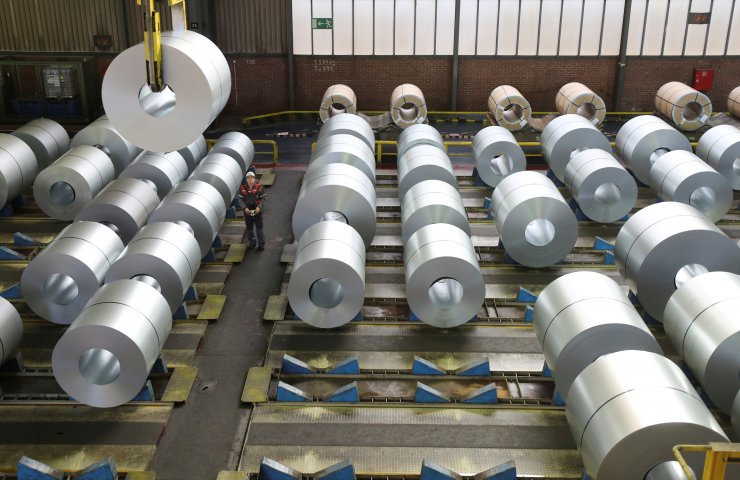In September, wholesale prices in Germany rose more sharply than over the past 47 years. They were 13.2% higher than a year earlier, the Federal Statistical Office of Germany reported on Tuesday. Stronger growth was last seen in June 1974, when prices rose 13.3% after the first oil crisis.
In August, the inflation rate in Germany was 12.3%, and in July - 11.3%. Development is an indicator of future inflation trends, since wholesale trade is a pivot between producers and end consumers. The inflation rate of 4.1% is currently higher than it has been since 1993 and, according to experts, should continue to move towards five percent by the end of the year.
"The high growth in wholesale prices compared to September 2020 is associated, on the one hand, with the current sharp rise in prices for many types of raw materials and intermediate products," explained German statisticians. “On the other hand, there is a base effect due to the very low price level in previous months due to the coronavirus crisis.”
According to statistics, the strongest price driver was the development of ores, metals and semi-finished metal products: they rose by 62.8%. Petroleum products began to cost 42.3% more than a year earlier. Wholesale sales of scrap metal (+84.6 percent), as well as unprocessed wood and sawn timber (+54.6 percent) also increased especially strongly. Grain, raw tobacco, seeds and animal feed also rose in price (+23.9 percent).
Prices for critical raw materials and intermediate products like scrap metal will continue to rise in Germany in 2022. At least many German industrial companies are preparing for this. A survey by consulting firm Inverto of about 100 managers and purchasing managers found that three quarters of those surveyed expect a moderate or strong increase in wholesale prices over the next 18 months.
According to the study, companies consider the supply of plastics to be particularly important, followed by aluminum, as well as steel and other ferrous metals. Cellulose and copper were also included in the list of important materials for the surveyed companies.
“At some point, the supply of pre-production will be compromised,” says Lars-Peter Hefele, Managing Director of Inverto. “For the most part, however, companies have to deal with horrendous additional costs.”




